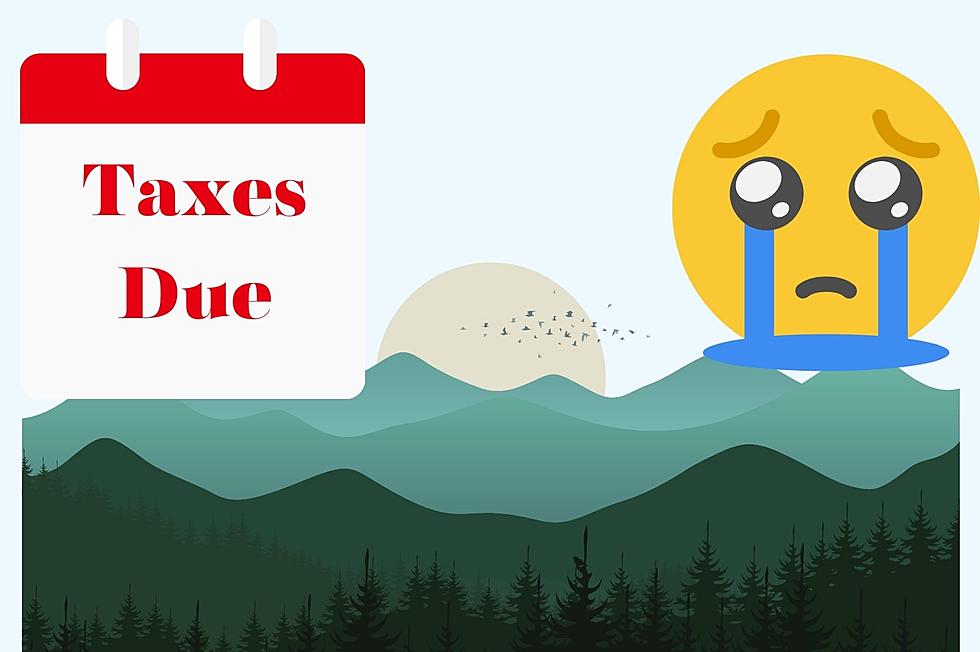
How Much Money Will You Need To Retire?
How much money will you need to have in some form of retirement account to maintain or increase your current standard of living?
One million? Two million if you are a couple? Let’s look at some possible numbers and some ways you can determine your future needs.
Expenses Are First
As we age some of our expenses actually decrease. You may no longer have a mortgage payment. Your automobiles might be paid off and your car insurance reduced because you drive less.
Driving less also saves on gas since you no longer will have the daily commute to a job. Your food bill might be less because you have more time to look for sales and budget more frugally.
Start by adding up all your fixed monthly expenses. Utilities, phone, water, heat, etc. Add property taxes, food, clothing, entertainment, and healthcare. You need this number to be as accurate as you can make it. If you buy a daily latte put it down.
Income is Next
Look at all possible sources of income. Include Social Security; investments, and dividends, IRA’s, pension plans or any part time work.
Calculate What You Need to Retire
If your current household income is $60,000 per year, you need a monthly income of $5,000 to maintain your current lifestyle. If your retirement sources of income are:
- $1,500 from Social Security
- $1,500 from pension, 410(k), IRA, or other sources
That gives you a total income of $3,000 and you will be $2,000 short or $24,000 less than you will need.
One rule of thumb is that you should be able to take 4 percent out of your retirement account without affecting the principle. Your retirement account should accrue interest of at least that much each year.
Using this formula, $24,000 times 25 would equal $600,000. That’s the amount you would need in your retirement account to take out 4% each year to make up the $2,000 monthly shortfall.
Some Final Thoughts
Six hundred thousand dollars sure seems like a lot when you are living paycheck to paycheck. But, think how much worse it will be when you are no longer able to work and medical problems start to kick in.
Living a good life now in exchange for a poor life later seems like a bad trade off. It’s never too late to start thinking about your so-called “golden years” and making sure you have enough gold to enjoy them.
More From KMMS-KPRK 1450 AM









